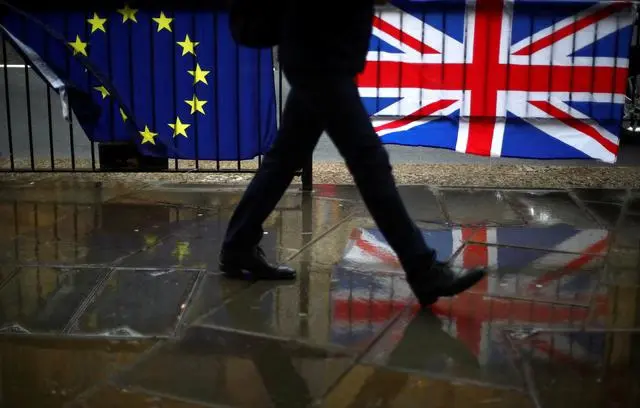Residents of Canada on Monday went to polling stations for general elections amid a strong yearning for change.
Elections Canada, the authority in charge of the electoral affairs, predicted that voters turnout in the day would be heavy as the latest poll showed 71 percent of those interviewed believed it is "time for a change."
Monday's voting started from 9:30 a.m., local time, and will be closed at 9:30 p.m., local time, from six different time zones of Canada. Out of some 23.5 million registered voters, 3.6 million had already voted in advance polls, according to Elections Canada.
The three major political parties -- the ruling Conservative Party, Liberal Party, the New Democratic Party -- started the campaign on Aug. 2, with only a few percentage points apart in popularity.
Since early October, Liberal Party had been surging steadily in popularity, leading the ruling Conservative Party by 36.5 percent to 31.1 percent. The New Democratic Party was trailing behind in the third place at 22 percent.
If public-opinion polls prove to be right, Liberal Leader Justin Trudeau will become Canada's next Prime Minister in Monday' s federal election.
One of the first things he said he would do, were his Liberal Party to form the next government, would be to cut taxes for the middle class, or those earning an annual salary of between 45,000 Canadian dollars (about 34,570 U.S. dollars) and 89,000 Canadian dollars, from 22 percent to 20.5 percent. If re-elected, the Conservative Party would reduce the small-business tax rate from 11 percent to 9 percent over four years; the New Democratic Party (NDP), which held Official Opposition status in the last Parliament, would do the same within two years.
On energy and the environment, Trudeau said a Liberal government would support the controversial Keystone XL pipeline to transport crude oil from Canada to the United States, provided the environmental review process is stricter. The Liberals would also participate in the United Nations climate conference, which begins late in December in Paris, and within 90 days, commence a provincial-territorial consultation to establish a pan-Canadian plan to combat climate change.
In addition to supporting Keystone XL, incumbent Prime Minister Stephen Harper's Conservatives have championed Enbridge's Northern Gateway pipeline, which would bring oil from Alberta to British Columbia for shipment to Pacific Rim markets, and the TransCanada Energy East pipeline that would transport oil from the provinces of Alberta and Saskatchewan to refineries and port terminals in Eastern Canada. The Conservatives have also pledged to cut Canada' s greenhouse-gas emissions by 30 percent from 2005 levels before 2030.
NDP Leader Thomas Mulcair opposes Keystone XL, but would support other pipeline projects if they meet the party's emissions-reduction targets of 34 percent below 1990 levels as early as 2025, and 80 percent by 2050 through a cap-and-trade system.
On foreign policy, all three parties support Canadian military assistance to Ukraine in its fight against Russian-backed rebels, although the NDP and the Liberals would extend sanctions against Russian corporations and financial institutions. But the three take differing views regarding Syrian refugees and Canadian involvement in the air campaign against the Islamic State, the extremist group.
During the election campaign, the Harper Tories promised to bring to Canada 10,000 more Syrian refugees over four years in addition to 11,300 by the end of 2018. Mulcair's NDP would admit 10,000 refugees before year's end, and then 9,000 annually as of next year.
Meanwhile, the Trudeau Liberals would immediately allow 25,000 Syrian refugees into Canada and his government would allocate 100 million Canadian dollars toward refugee processing and resettlement in the 2016-17 fiscal year.
In the fight against the Islamic State, the Liberals would end Canada's combat mission, and would instead focus on training Iraqi soldiers and increase humanitarian assistance. The NDP would also end the bombing campaign, but like the Conservatives, try to stop the flow of fighters and money to the extremist group.
On the domestic front, Harper has promised to balance the federal budget every year for the next four years, after recording a 1.9 billion-dollar surplus for the 2014-15 fiscal year. Mulcair has promised four years of budgetary surpluses through corporate-tax hikes and ending tax breaks on stock options.
Trudeau's plan, however, is radically different. He has said a Liberal government would run three years of deficits -- not to exceed 10 billion dollars -- to pay for infrastructure spending, before balancing the country's books in 2019.
 简体中文
简体中文

